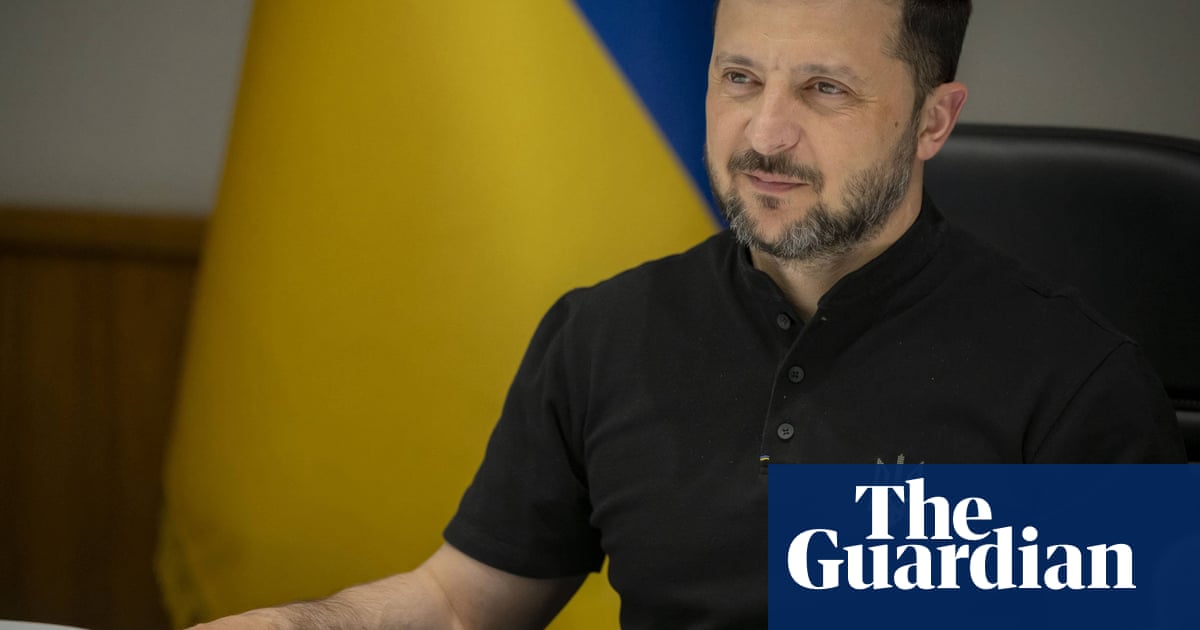In an era marked by escalating global tensions, understanding the future of diplomacy and conflict resolution is more critical than ever. This article, drawing on insights from a seasoned journalist, explores emerging trends in international relations, from the rise of direct leader meetings to the impact of information warfare. discover how these shifts are reshaping the landscape of conflict resolution and what they mean for the future of global peace.
The Future of Diplomacy and Conflict Resolution: Trends to Watch
The world is constantly evolving, and with it, the landscape of international relations. Recent events, such as the ongoing conflict in Ukraine, highlight the critical need for effective diplomacy and conflict resolution strategies. As a seasoned journalist, I’ve observed several emerging trends that will shape how nations interact and resolve disputes in the years to come.
The Rise of Direct Diplomacy and high-Stakes Meetings
One of the most striking trends is the increasing emphasis on direct, high-level negotiations. The call for face-to-face meetings between leaders,as seen in the recent developments,underscores a shift towards more immediate and personal engagement. This approach bypasses customary diplomatic channels, aiming for quicker resolutions.Though,these meetings are frequently enough contingent on specific conditions,such as ceasefires,which adds complexity to the process.
Real-life example: The potential meeting between Ukrainian and Russian leaders in Turkey exemplifies this trend. The success of such a meeting hinges on the willingness of both parties to compromise and the establishment of a conducive environment, such as a ceasefire.
The Role of International Pressure and Alliances
International pressure, exerted through alliances and sanctions, remains a powerful tool in conflict resolution.The coordinated efforts of European allies and the United States to influence the situation in Ukraine demonstrate the importance of unified action. Economic sanctions, diplomatic isolation, and military support can all play a role in incentivizing parties to negotiate or de-escalate conflicts.
Case Study: The impact of sanctions on Russia’s economy and it’s ability to wage war is a clear example of how international pressure can influence a conflict. The effectiveness of these measures, though, depends on the unity and resolve of the countries imposing them.
The Impact of Information Warfare and Disinformation
In the digital age, information warfare has become a important factor in international conflicts. disinformation campaigns,propaganda,and the spread of false narratives can undermine trust,fuel tensions,and complicate diplomatic efforts. Understanding and countering these tactics is crucial for effective conflict resolution.
Pro tip: Always verify information from multiple sources and be wary of emotionally charged content. Fact-checking organizations play a vital role in debunking false narratives and promoting accurate information.
The Growing Influence of Non-State Actors
Non-state actors, such as international organizations, NGOs, and even religious leaders, are increasingly involved in conflict resolution.Their ability to mediate, provide humanitarian aid, and advocate for peace can be invaluable. The Pope’s call for peace in Ukraine is a prime example of the influence religious figures can have on global conflicts.
Did you know? The International Red Cross and Red Crescent Movement has a long history of providing humanitarian assistance in conflict zones, often acting as a neutral intermediary.
The Future of Peacekeeping and Mediation
Traditional peacekeeping operations are evolving to meet the challenges of modern conflicts. there is a growing emphasis on preventive diplomacy, early warning systems, and the integration of civilian and military efforts. Mediation efforts are also becoming more elegant, with a focus on inclusive processes that involve all relevant stakeholders.
Data point: According to the UN, the number of peacekeepers deployed worldwide has fluctuated over the years, reflecting the changing nature of global conflicts and the demand for peacekeeping operations.
FAQ: Frequently Asked Questions
- What is the role of a ceasefire in peace negotiations? A ceasefire provides a crucial foundation for diplomacy by halting hostilities and creating a safer environment for talks.
- How effective are sanctions in resolving conflicts? sanctions can be effective in pressuring parties to negotiate, but their success depends on international cooperation and the specific circumstances of the conflict.
- What is the importance of verifying information during a conflict? Verifying information is essential to combat disinformation and ensure that decisions are based on accurate facts.
The path to peace is rarely straightforward, but by understanding these emerging trends, we can better navigate the complexities of international relations and work towards a more peaceful world. What are your thoughts on these trends? Share your comments below!

